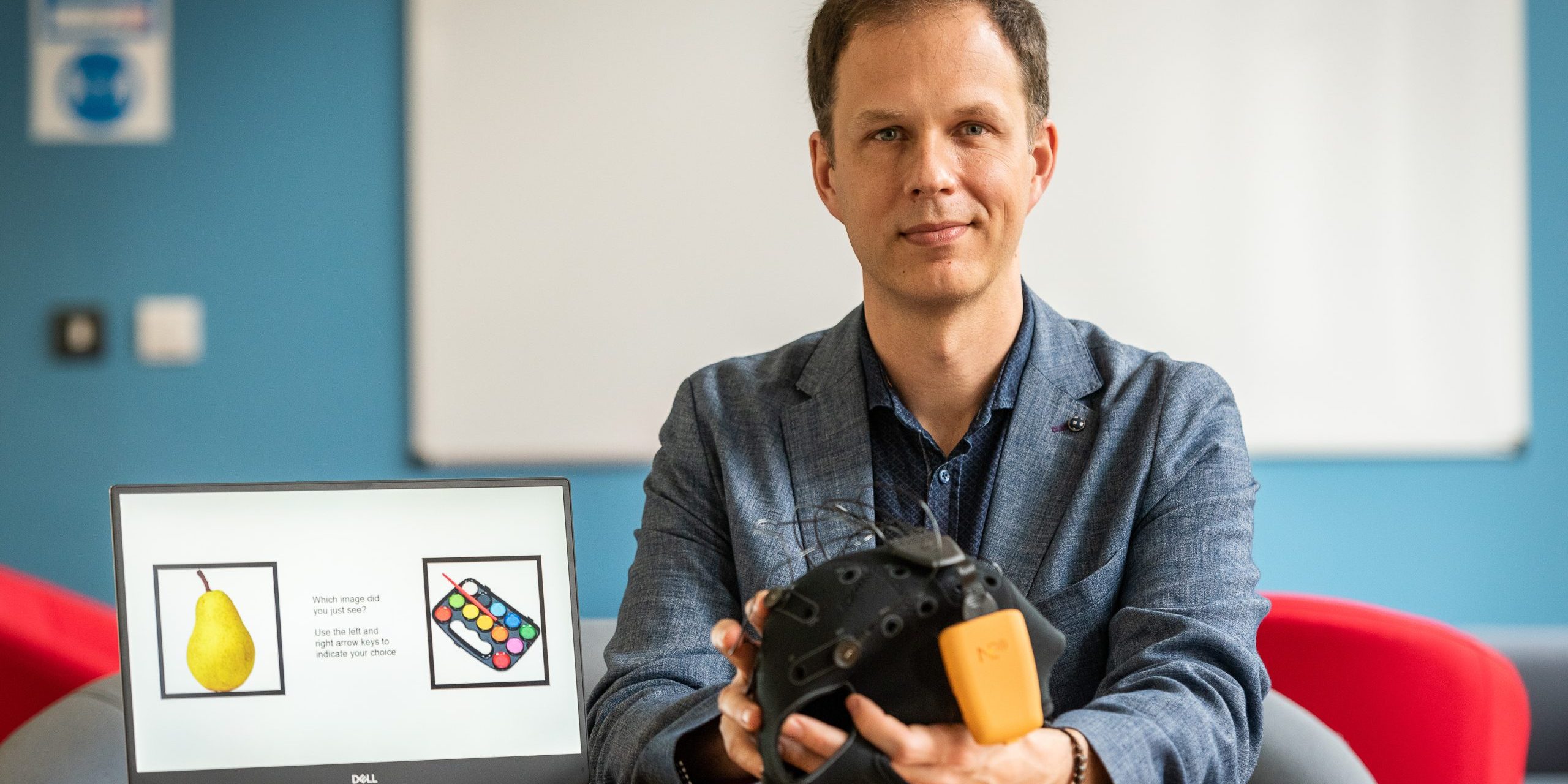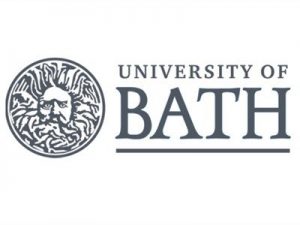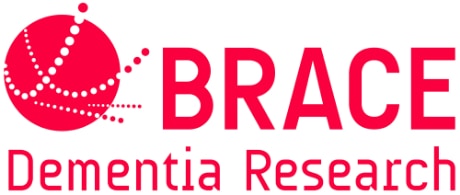Dr George Stothart - Fastball

Photo Credit: Nic Delves-Broughton/University of Bath/PA
Fastball - A New Dementia Diagnosis Hope
On World Alzheimer's Day, 25th September 2021, news broke around the world that a new and innovative piece of equipment- Fastball- was showing promising signs of detecting Alzheimer's disease up to five years before noticeable symptoms.
It is a quick, cheap and noninvasive test that could be used in GP surgeries or other settings one day.
This research was only possible thanks to funding from BRACE.
Dr George Stothart's Bio
I completed my PhD and post-doctoral research at the University of Bristol, using electroencephalography (EEG) to examine sensory and attentional processing in dementia patients and healthy older adults. My undergraduate degree was in Psychology at Swansea University.
I lead the EEG laboratories and Neurostim research group at the University of Bath. My motivation as a researcher has always been to translate the findings of cognitive neuroscience into useful tools for clinicians and the wider world. My primary research focus is the development of a new EEG technique, known as Fastball, for assessing cognitive deficits in dementia.

